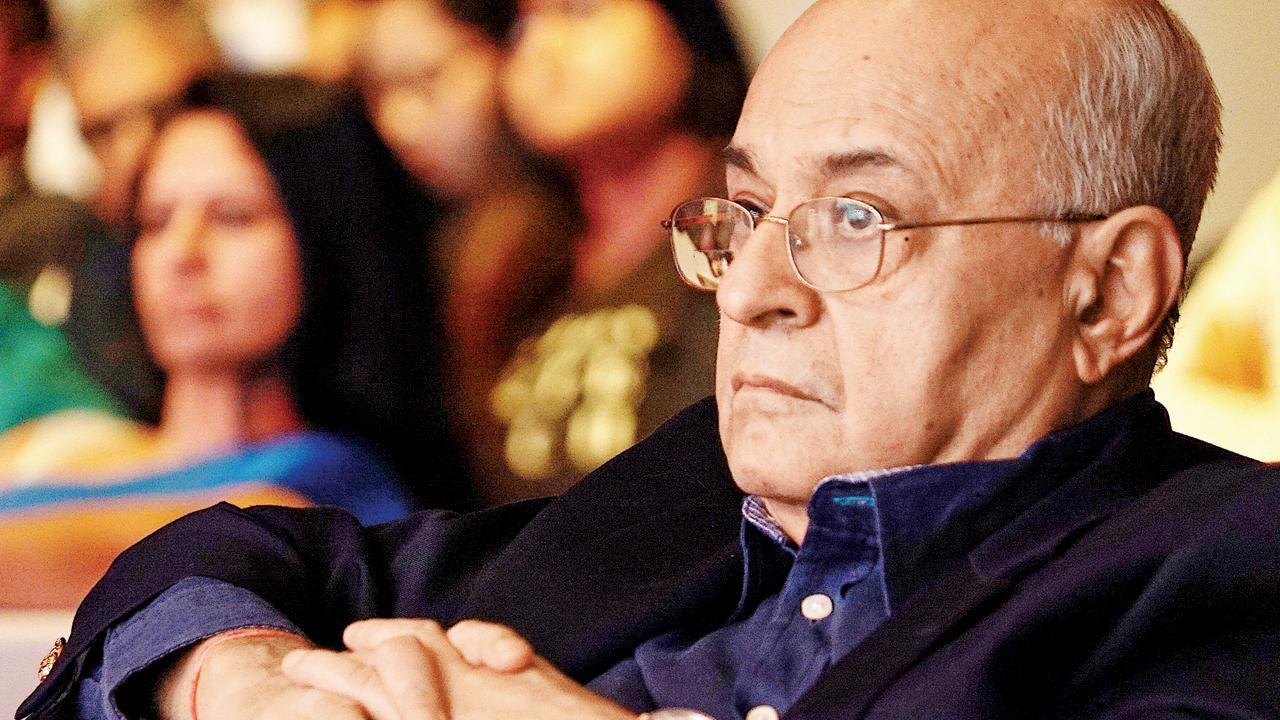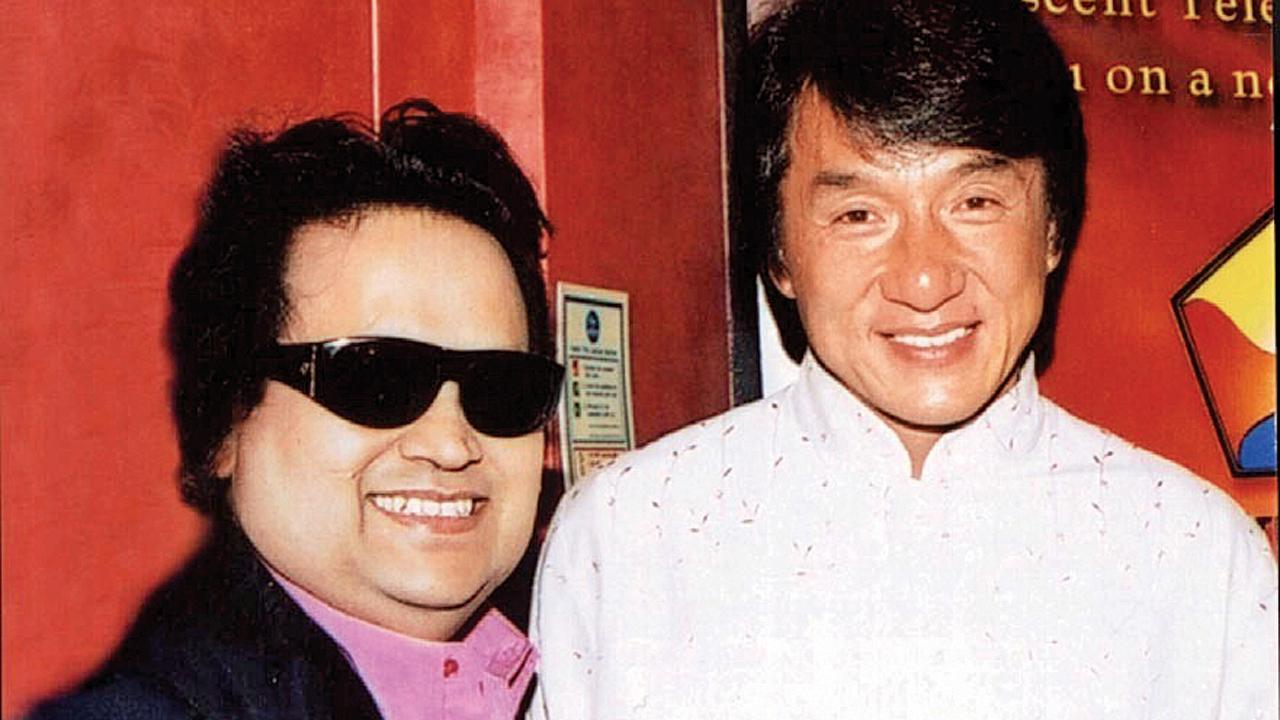Bhisham asked me to recommend someone, so I told him about this young boy who came to meet me and played some interesting Bengali music

Amit Khanna
Bappi started his career on the first day that he [arrived] in Mumbai. He was a couple of years younger than me when I met him. He was 20. I had heard that BR Ishara had signed him for the background music of his movie Charitra, which launched Parveen Babi and Salim Durrani. Bappi knew the Mukerji family and got a film with them. In those days, Bappi and his parents would meet producers at their offices, and one day, he dropped in at Navketan. I asked him to sing something for me.
ADVERTISEMENT
The next day, the producer of Chalte Chalte [Bhisham Kohli] dropped in to meet us. Bhisham told me that while they had raised money with great difficulty, and got Simi Garewal’s nod to play the lead role, RD Burman and Lamikant-Pyarelal, whom they approached first, had backed out as they were busy. Bhisham asked me to recommend someone, so I told him about this young boy who came to meet me and played some interesting Bengali music. Bappi seemed promising, I told him.

File photo of Lahiri with Jacky Chan at a launch
Bhisham liked his music, especially a particular melody that became the title song, Chalte chalte. Bappi would sing in Bengali, and I would write the words in Hindi. From there, our association began. That evening, we finalised the song and another one which Lataji sang — Dur dur tum rahe. It was an unusual song for her. The film’s music became a hit, and there was no looking back for Bappi. Out of the 40 to 50 songs I wrote, I must have written a dozen for him.
One of my favourite compositions of his was for my directorial venture, Sheeshe Ka Ghar. Anup Ghoshal’s Tum saath ho and Salma Agha’s Chala hai balamwa, were hits. Bappi was talented, and few know that he was a brilliant tabla player — a child prodigy in Kolkata. He learned from Pandit Shanta Prasad, and once, when people heard him at a public performance, they were shocked to see that he could play so well.
He played the tabla in one of my songs in Sheeshe Ka Ghar. In Raj Sippy’s Josh, I wrote the songs and we made Amjad Khan and Deven Verma sing. It was the first in nonsensical music and the lines went like Jab khat main khatmal chalega.
Bappi, like Pancham, understood that sound was as important as recording. The way you balance the orchestra is essential. He came to be known as the Disco King after B Subhash’s music became a freak hit. That’s how he perfected the disco sound. Though he became very famous, as a person he remained simple. He was a simple man at heart, but later got sucked into being a showman.
 Subscribe today by clicking the link and stay updated with the latest news!" Click here!
Subscribe today by clicking the link and stay updated with the latest news!" Click here!







